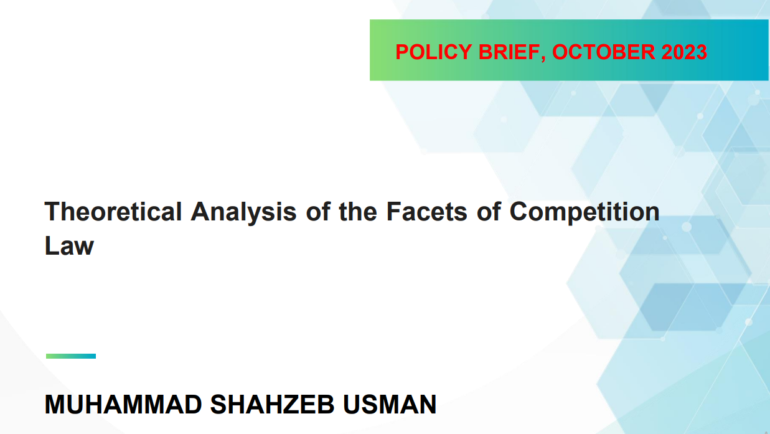Policy Brief 21/10/2025
Pakistan’s telecom sector, with over 200 million mobile subscribers and 150 million broadband users, contributes PKR 335 billion annually to the national exchequer in the form of direct taxation and PTA revenues. Despite high digital penetration, the industry struggles with reactive service models, frequent outages, and low customer satisfaction. The AI market, valued at $120 million, remains underutilized, with R&D spending at just 0.11% of GDP.
Globally, AI has transformed telcos through predictive maintenance, hyper-personalized services, and fraud detection. Pakistan’s telcos have begun deploying AI tools like chatbots and traffic monitoring, yet gaps in infrastructure, data access, local talent, and regulatory readiness persist. The absence of centralized AI datasets, ethical oversight, and interoperable systems limits both innovation and trust.
To unlock AI’s full potential, this policy brief recommends a three-tier roadmap:
- Short-term (2025–26): Launch AI pilots in predictive maintenance and smart CRM; train localized chatbots; introduce AI telecom fellowships.
- Medium-term (2026–28): Establish a Telecom AI Regulatory Sandbox, invest in national AI cloud infrastructure, and enable secure data-sharing frameworks.
- Long-term (2028–30): Align with global standards, foster cross-border research, and scale AI-led service delivery nationwide.
With coordinated public-private-academic action, Pakistan can transform its telecom sector into a predictive, inclusive, and intelligent infrastructure, driving both digital inclusion and economic resilience.


